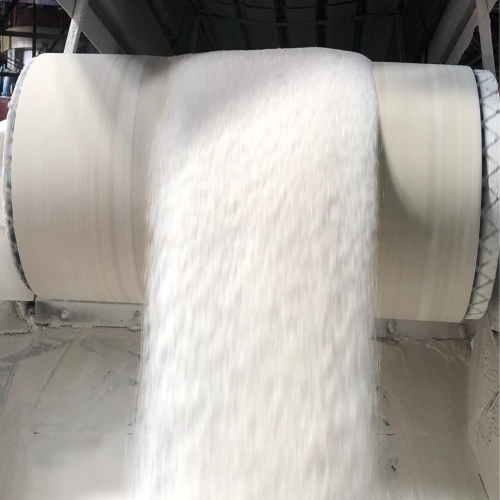Indonesia is faced with the imperative of augmenting its sugar production nearly threefold by 2030, aiming for self-sufficiency and meeting the demands of its bioethanol aspirations, reported The Jakarta Post.
Data compiled by the state-owned plantation holding company PTPN reveals that to achieve this goal, the country must attain a sugar production level of 9.7 million tonnes by 2030, a substantial increase from the estimated 2.5 million tonnes produced last year.
Realizing this elevated production target would necessitate an expansive 1.18 million hectares of land dedicated to sugarcane plantations. Presently, Indonesia only possesses 489,000 hectares of such land, highlighting the substantial gap that must be addressed to meet the ambitious production goal.
M. Rizal Ismail, the seasonal crops director at the Agriculture Ministry, emphasized during an event on Tuesday that achieving the 2030 target would require a minimum of 13 billion sugar cane seeds. This underscores the scale of the challenge ahead as Indonesia strives to enhance its sugar production capacity to meet both domestic needs and support its bioethanol initiatives.












